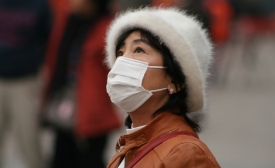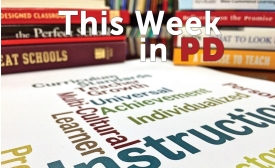china
Efforts by China to forge a new global alliance on climate change and sidestep US president Donald Trump’s decision to pull out of the Paris Agreement were boosted after California governor Jerry Brown affirmed his state’s climate change alliance with Beijing. Mr Brown, governor of the state with the largest economy in the US, has been in China for a high-profile visit during which he pledged to co-operate in shaping global climate change policies and signed a deal with China to co-operate on clean technology.

Markos Kounalakis on China's attempt to gain global influence through environmental leadership and policy.
China has scored a major victory in soft diplomacy by quietly launching its own Nalanda University, while the original Nalanda campus in Bihar, planned almost a decade ago, is still stuck with 455-acre dead space. China’s education ministry had managed to keep the plan a secret till a few weeks ago when it formally announced the enrolment for the Nanhai Buddhist College in Hainan province in May.
Public diplomacy is perception. Remarkably—and, unthinkably, as recently as one year ago—today China seems to be the world’s most likeable superpower. [...] Li, who landed in Berlin on Wednesday, hoped to use his three-day trip, with stops in Germany and Belgium, to “voice support for an open economy, free trade and investment [and] global regional peace and stability." Trump, on the other hand, failed to support NATO, decried Germany as “very bad” for its trade policies, and even pushed aside Montenegro’s prime minister to the front of a group photo.

This week’s PD News headlines explored education and its impacts on public diplomacy, from female empowerment to terrorist prevention.
President Donald Trump's decision to remove the U.S. from the Paris climate agreement is yet another manifestation of how he continues to see U.S. interests as narrowly economic. Had the president a more expansive view of both the nation's interests and influence, he would have kept the U.S. in the accord. Instead, he not only harmed global efforts to address a pressing problem, but also deprived the U.S. of an important source of so-called soft power. In a world in which military might is increasingly difficult and costly to use, America will suffer from this loss.
Dangal’s success story in China — coming as it does, five months after its theatrical release in India and elsewhere — has triggered a stream of breathless box office updates, analytical thinkpieces, and odes aplenty. As it should. [...] Egyptian hawkers referring to Indian women visitors as “Kareena! Aishwarya!” isn't surprising. But to have a teenager from the tiny island country of Timor Leste tell you that Preity Zinta’s Kya Kehna is his favourite film, or have folks in Vietnam express sadness about Balika Vadhu actress Pratyusha Banerjee’s suicide — that is surreal.







